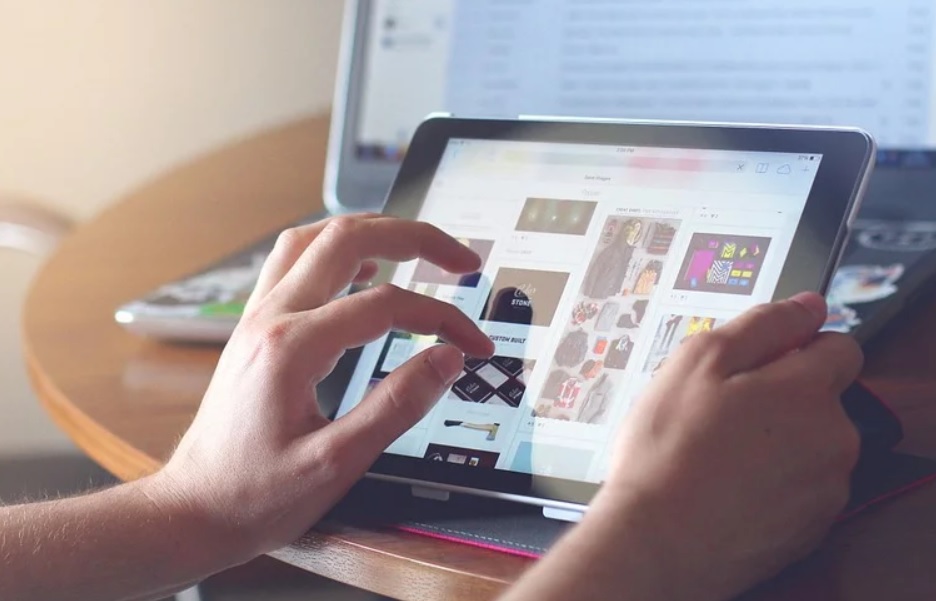
It doesn’t matter if you’re a B2C retailer, or just a normal person who loves their iPad, keeping your device(s) secure should be one of your top priorities. This is especially true for enterprise-level organizations that have large amounts of company-owned devices that require both digital and physical security solutions.
Also Read: Unbiased Honest Review Of iPad Air 3rd Gen
However, even if you’re just a normal professional, or a soccer mom, or college student, your device is equally as important (and just as equally as vulnerable to theft). This includes both digital theft as well as physical theft. There are upwards of one million laptops stolen each year in the US, and with the number of mobile devices steadily increasing, you can count iPads among those numbers.
Whether you want to protect your iPad from hackers or thieves, the following tips run the gambit from data encryption all the way to physical device access (i.e. hardware locks). By the end of this blog, you should have a much better understanding of what it will take to properly secure your iPad.
Physical Security: Locking Your Device
This is something that many people, organizations, and businesses fail to do at even the most basic level. We’re talking about physical security access here, as in making sure that your devices have an adequate level of security hardware installed. If you operate a retail company (e.g. B2C computer store) that utilizes device displays, this is incredibly important for the security of your business. Without a physical barrier, thieves can just steal a device and walk out and then sell it for parts.
From a personal standpoint, mobile device security might be even more important. How much of your personal life is stored on your mobile devices (i.e. your phone/tablet/iPad)?
If you’re anything like most people, you undoubtedly have gigabytes upon gigabytes of all your personal information (photos, communication, passwords, banking information, etc.) stored on your devices. Luckily, there has been a lot of innovation in the physical security space, with companies like Maclocks leading the way in mobile device security solutions.
You can buy Maclocks for your iPad directly on the manufacturer’s website. Using a security setup like the one provided there is an excellent option if you’re trying to add some more security to both iPads and other types of electronic devices (e.g. laptops, phones, etc.).
Digital Security: Lock Screens, Permissions, and Passwords
One of the most underlooked aspects of both digital and physical security is the fact that thieves can determine a lot of personal details only from looking at the home/lock screen of an iPad (e.g. emails, pop-up messages, app notifications, etc.). Needless to say, if your screen doesn’t have an active lock on it, you’re going to be a lot more vulnerable.
Nobody wants to have their device stolen, but setting it up to be very difficult to digitally gain access to (once it’s been physically stolen) is an industry-standard risk mitigation tactic that serves to act as a concrete barrier between your personal/company data and the thief. There are certain apps and app functions that you should turn off completely from the lock/home screen (in order to beef up your digital security).
From a digital security standpoint, there are many inherent vulnerabilities in mobile devices that could be taken advantage of by digital thieves. One of the most overlooked vulnerabilities is app permissions. When you install an app, that app typically asks you for certain device permissions (e.g. access to contacts, photos, etc.). Something that all users should do is make sure that no third-party apps have permission to view their private data/info (e.g. financial details, health-related information, passwords, contacts, etc.).
Encryption and Strong Passwords
Everyone should know this by now, but there are many users out there who still use very simple passwords that can easily be cracked/hacked. In order to harden the security of your iPad, you need to be using complex passwords that feature a wide range of character types (i.e. combinations of upper-case and lower-case letters as well as numbers/symbols).
Encryption is another important aspect of security that a lot of organizations even fail to employ. Having your data properly encrypted can make the difference between a hacker/thief gaining access to your personal information (or being denied).
Most hackers are trying to obtain personal details (especially financial-related information). Encrypting your device is one of the best defensive security tactics available, and encryption coupled with strong password practices equals one strongly secured device.
Leave a Reply